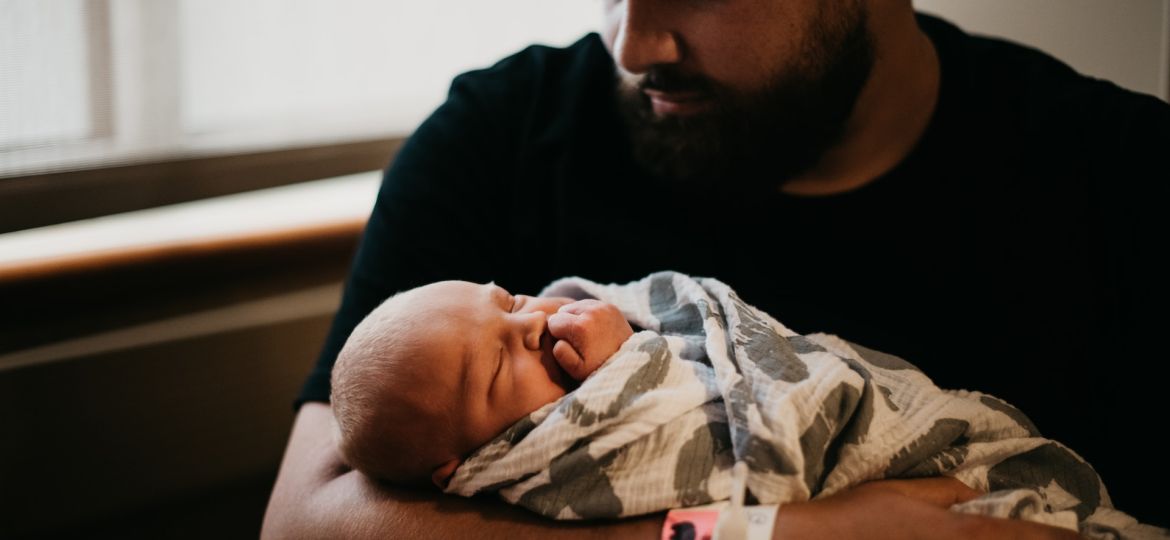
Up until 2022, the rights of unmarried fathers and married fathers differed. Prior to 2022, if a child was removed from his or her mother’s care due to abuse/neglect and placed in the foster system, a father who was unmarried to his child’s mother generally did not have the right to maintain custody of his child, even if that child was to be placed in foster care or adopted. In other words, unmarried fathers did not have legal rights to their children who were about to be adopted to other families.
That being said, according to Val Kleyman, Fathers Rights Attorney in NYC, the Courts did sometimes rule in favor of the unmarried fathers. See The Matter of Amanda N where the First Department held that a child, who was removed from the Mother’s care and placed into foster care and was subsequently up for adoption, was not permitted to be placed for adoption without the Father’s consent. This is because the Father financially supported the child and lived with the child until she was removed from the home. Essentially, the Father acted as a parent should act. However, Amanda N did not change the law.

At the end of 2022, Governor Kathy Hochul signed into law the Parent Equity Act (actually partially drafted by the lawyer who advocated for the father in Amanda N). This law ensures that unmarried fathers who have taken an active role in their children’s lives are granted the same rights as mothers and married fathers when it comes to foster care proceedings.Val Kleyman, Fathers Rights Attorney in NYC.
The decision in Amanda N cited to a few other matters, including In re Sean Michael P. which held that the Father’s consent had to be obtained prior to an adoption where the Father was present at the hospital when his child was born, maintained contact with the subject-child, and provided financial support for the child.
Then, at the end of 2022, Governor Kathy Hochul signed into law the Parent Equity Act (actually partially drafted by the lawyer who advocated for the father in Amanda N). This law ensures that unmarried fathers who have taken an active role in their children’s lives are granted the same rights as mothers and married fathers when it comes to foster care proceedings.
Now, happily, DRL 111 states that consent must be obtained prior to a child’s adoption of the Father “whether adult or infant, of a child born out-of-wedlock and placed with the adoptive parents more than six months after birth, but only if such father shall have maintained substantial and continuous or repeated contact with the child as manifested by: (A) the payment by the father toward the support of the child of a fair and reasonable sum, according to the father’s means, and either (B) the father’s visiting the child at least monthly when physically and financially able to do so and not prevented from doing so by the person or authorized agency having lawful custody of the child, or (C) the father’s regular communication with the child or with the person or agency having the care or custody of the child, when physically and financially unable to visit the child or prevented from doing so by the person or authorized agency having lawful custody of the child. . . A father, whether adult or infant, of a child born out-of-wedlock, who openly lived with the child for a period of six months within the one year period immediately preceding the placement of the child for adoption and who during such period openly held himself out to be the father of such child shall be deemed to have maintained substantial and continuous contact with the child for the purpose of this subdivision” N.Y. Dom. Rel. Law § 111 (McKinney)
According to Val Kleyman, Fathers Rights Attorney in NYC, this legislation, barely two years old, ensures that unmarried fathers have the same rights as married fathers to their children.


